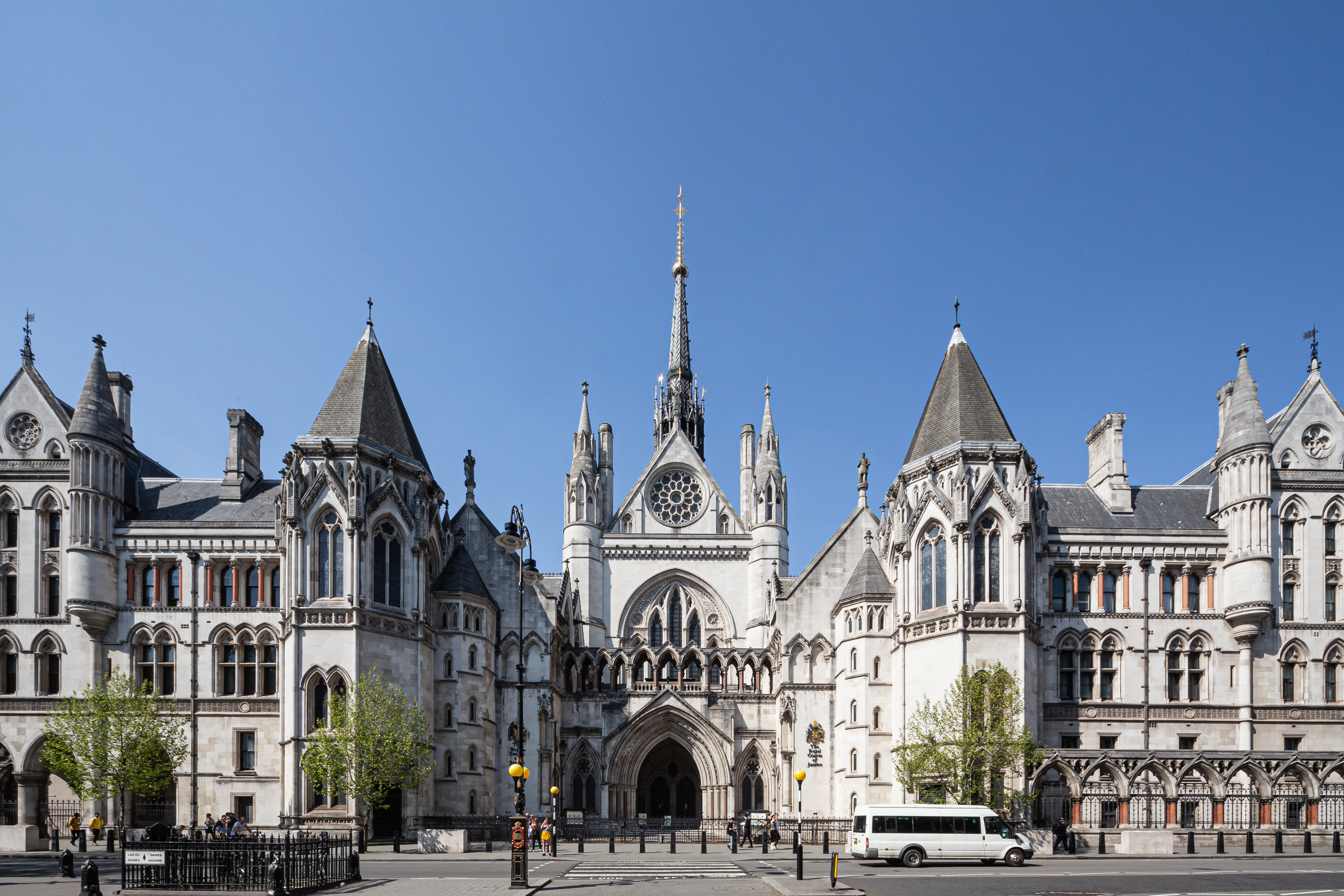The hearing into embattled liquor tycoon Vijay Mallya’s appeal against extradition came to an end on Thursday at the Royal Courts of Justice in the United Kingdom, with the prosecution concluding its arguments.
Mallya, 64, is wanted in India on charges of fraud and money laundering amounting to INR 9,000 crore in unpaid bank loans.
The Crown Prosecution Service (CPS), appearing in court on behalf of the Indian government, continued to take the High Court through evidence to counter his lawyers' claims that Chief Magistrate Emma Arbuthnot had fallen into error when she found a prima facie case of fraud and money laundering to answer in the Indian courts against Mallya.
"What they (Kingfisher Airlines) were saying (to the banks) about profitability going forward was knowingly wrong,” said CPS barrister Mark Summers as he opened the arguments on Thursday.
Lord Justice Stephen Irwin and Justice Elisabeth Laing, the two-member bench hearing the appeal, have said they will be handing down their verdict at a later date after considering the “very dense” case.
A key defence to disprove a prima facie case of fraud and misrepresentation on Mallya’s part has revolved around the fact that Kingfisher Airlines was the victim of economic misfortune alongside other Indian airlines.
However, the CPS has argued that “there is enough in the 32,000 pages of overall evidence to fulfil the [extradition] treaty obligations that there is a case to answer”.
At the start of the appeal, Mallya's counsel claimed Arbuthnot did not look at all of the evidence because if she had, she would not have fallen into the “multiple errors” that permeate her judgment.
The High Court must establish if the magistrates' court had in fact fallen short on a point of law in its verdict in favour of extradition.



